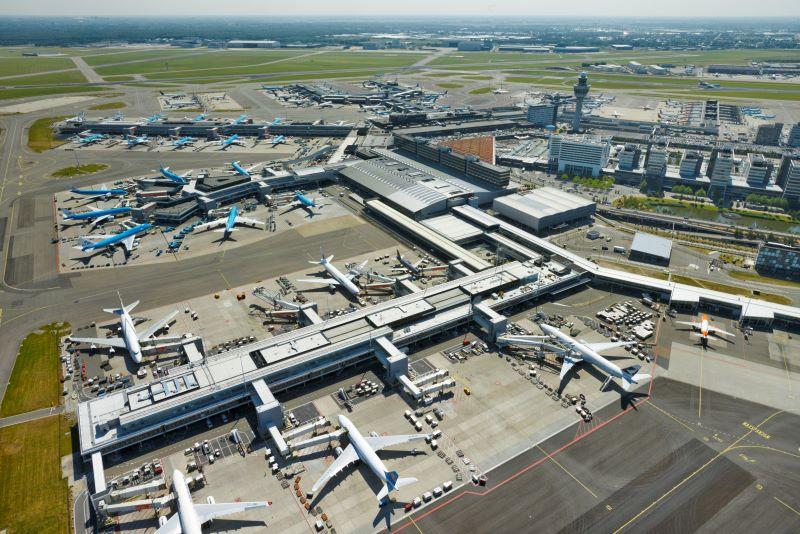European Airlines, Airports Call For Changes To Climate Legislation

Credit: Amsterdam Schiphol Airport
PARIS—A group of European airlines and airports has called for changes to the European Commission’s “Fit for 55” emissions reduction legislation package, saying that the rules as they stand risk making them less competitive compared to their non-EU rivals. The industry players want changes to the...
Subscription Required
This content requires a subscription to one of the Aviation Week Intelligence Network (AWIN) bundles.
Schedule a demo today to find out how you can access this content and similar content related to your area of the global aviation industry.
Already an AWIN subscriber? Login
Did you know? Aviation Week has won top honors multiple times in the Jesse H. Neal National Business Journalism Awards, the business-to-business media equivalent of the Pulitzer Prizes.

